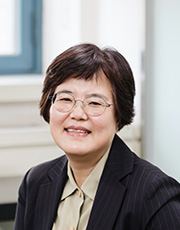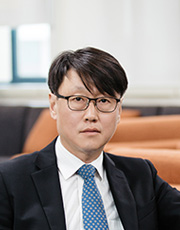Overview
I am an associate professor of economics at KAIST College of Business in South Korea. I am interested in microeconomics, behavioral & experimental economics, industrial organization, political economy, and social networks. I received my B.S. in mathematics and B.A. in economics from Yonsei University in South Korea. Under the direction of Professor Leeat Yariv, I completed my PhD in the social sciences (equiv. PhD in economics) at the California Institute of Technology in 2016. Subsequently, I was hired as an assistant professor of economics at Kyung Hee University in South Korea, and I have been at KAIST College of Business since 2018.
<a href='https://www.dropbox.com/s/i6f82a78mk53fw3/EShinCV.pdf?dl=0' > ▶ [Download my CV here] </a >
<a href='https://www.dropbox.com/s/tjb5zeb07klm0j0/EShinCV_Korean.pdf?dl=0' > ▶ [한글이력서 다운로드] </a >
<a href='https://www.dropbox.com/s/i6f82a78mk53fw3/EShinCV.pdf?dl=0' > ▶ [Download my CV here] </a >
<a href='https://www.dropbox.com/s/tjb5zeb07klm0j0/EShinCV_Korean.pdf?dl=0' > ▶ [한글이력서 다운로드] </a >
Biography
학력
- Ph.D. in the Social Sciences, California Institute of Technology, 2016
- Committee: Leeat Yariv (Chair), Federico Echenique, Matthew Shum, Matthew Elliott
B.S. in Mathematics and B.A. in Economics, Yonsei University, 2009
- Graduated with Highest Honors (Summa Cum Laude)
- Ranked 1st in the Department of Mathematics
- Completed Advanced Program in Mathematics
주요경력
- Korea Advanced Institute of Science and Technology, Seoul, South Korea
Associate Professor, College of Business, September 2022 - Present
California Institute of Technology, Pasadena, CA, USA
Visiting Associate in Economics, August 2022 - August 2023
Korea Advanced Institute of Science and Technology, Seoul, South Korea
Assistant Professor, College of Business, August 2018 - August 2022
Kyung Hee University, Seoul, South Korea
Assistant Professor, Department of Economics, September 2016 - August 2018
산업체자문활동
- 반도체, IT 플랫폼, 국책연구기관
Publications & Research
주요논문 (특허등)
- Published and Forthcoming Papers
1. Who Are the Key Players? Listeners vs Spreaders vs Others, 2023, joint with Sumin Kim and Kyu-Min Lee, PLoS ONE 18(5): e0286369.
2. Collective Proofreading and the Optimal Voting Rule, 2022, joint with Duk Gyoo Kim and Jinhyuk Lee, Global Economic Review Vol 51(1): 1-17.
3. Repairing a Cracked Mirror: The Heterogeneous Effect of Personalized Digital Nudges Driven by Misperception, 2021, joint with Daegon Cho and Miyeon Jung, Production and Operations Management Vol 30(8): 2586-2607.
4. Social Value from Social Enterprise: An Incentive Design, 2021, joint with Jinha Park, Journal of Economic Theory and Econometrics Vol 32(2): 54?73.
5. Social Network Formation and Strategic Interaction in Large Networks, 2021, Mathematical Social Sciences Vol 111: 34?54.
6. A Model of Pre-Electoral Coalition Formation, 2019, Games and Economic Behavior Vol 118: 463?485.
7. An Economic Model of Friendship and Enmity for Measuring Social Balance on Networks, 2017, joint with Kyu-Min Lee and Seungil You, Physica A Vol 488: 205?215.
8. Monopoly Pricing and Diffusion of Social Network Goods, 2017, Games and Economic Behavior Vol 102:162?178.
9. How Food Controls Aggression in Drosophila, 2014, joint with DJ Anderson, E Eyjolfsdottir, RS Lim, and P Perona, PLoS ONE 9(8): e105626.
Publications in Korean (한국어 출판물)
1. 인공지능 기반 적응형 학습 프로그램 영향평가: 대구 중학교 무작위통제실험 사례를 중심으로, 2022, 공저자: Booyuel Kim, Yoonsoo Park, Ju-Ho Lee, 응용경제 24권 4호.
2. 효과적인 퇴직연금 상품 운용을 유도하기 위한 행태 경제 실험 설계, 2019, 공저자: Seura Ha, Duk Gyoo Kim, Sang-Hyun Kim, 금융감독연구 제6권 제2호.
Working Papers and Work in Progress
1. Optimal Influence Design in Networks (joint with Daeyoung Jeong). R&R at Journal of Economic Theory
2. Learning to be Homo Economicus: Can an LLM Learn Preferences from Choice Data? (joint with Jeongbin Kim, Matthew Kovach, Kyu-Min Lee, and Hector Tzavellas).
3. Coordination and Cooperation in Cultures with Vertical Age-Based Social Hierarchies (joint with Matthew Chao).
4. Strategic Sophistication and Collective Action: Theory and Evidence (joint with Mimi Jeon, Seonghoon Kim, and Kanghyock Koh).
5. Teaching Practices and Friendship Networks (joint with Syngjoo Choi, Booyuel Kim, Eungik Lee, and Yoonsoo Park).
6. Adaptive Learning and Student Achievement: Experimental Evidence from Vietnam (joint with Seura Ha, Booyuel Kim, Yoon Soo Park, Hee-Seung Yang).
7. Pandemic Control in Networks: Three Principles (joint with Keumseok Kang, Yuncheol Kang, and Dae-Ki Min).
8. Robust Intervention in Networks (joint with Daeyoung Jeong and Tongseok Lim).
9. Conforming Based on Seniority and Status (joint with Matthew Chao).
10. Network Bottleneck and Speed of Learning (joint with Jin Huang and Kyu-Min Lee).
11. A Citizen Candidate Model with Public Funding (joint with Jonghyun Park).
12. Rationality and Preference Aggregation of Group Decision under Risk (joint with Syngjoo Choi, Booyuel Kim, Minseon Park, and Yoonsoo Park).
13. A Theory of Electoral Fraud and Voter Turnout (joint with Kirill Pogorelskiy and Kota Saito).
연구분야
- Microeconomics, Behavioral & Experimental Economics, Industrial Organization, Social Networks, and Political Economy
.png)

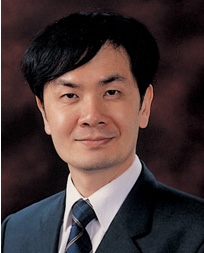

.png)


.jpg)
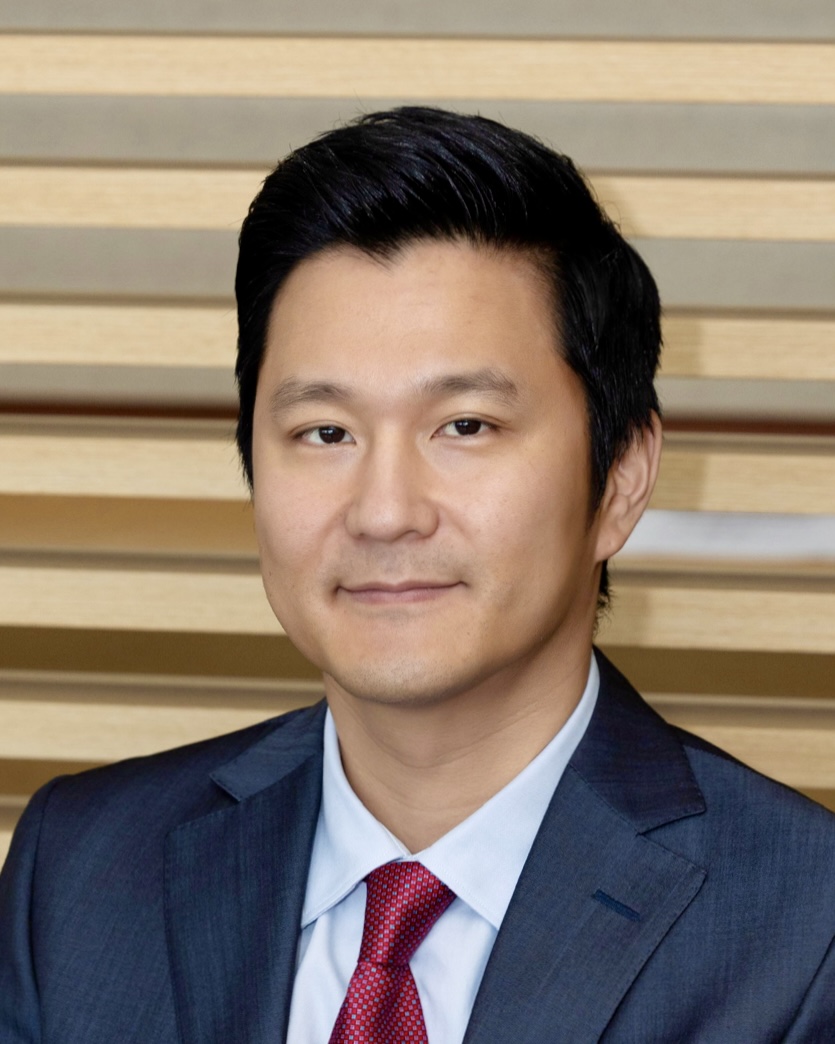

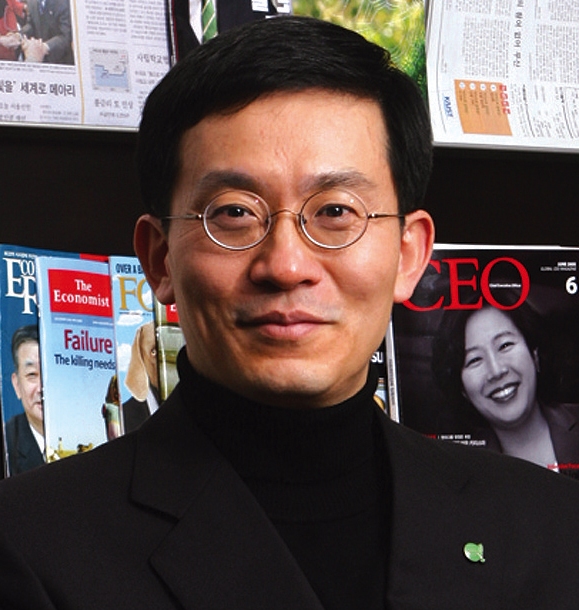


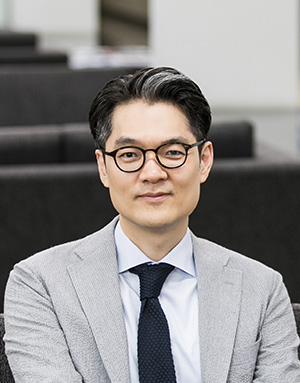
.jpg)


.jpg)
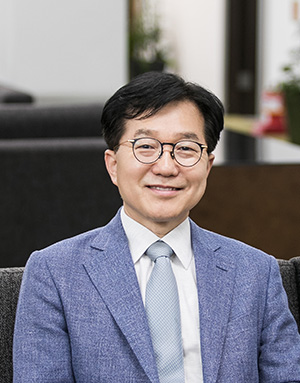
.jpg)
.jpg)
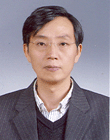



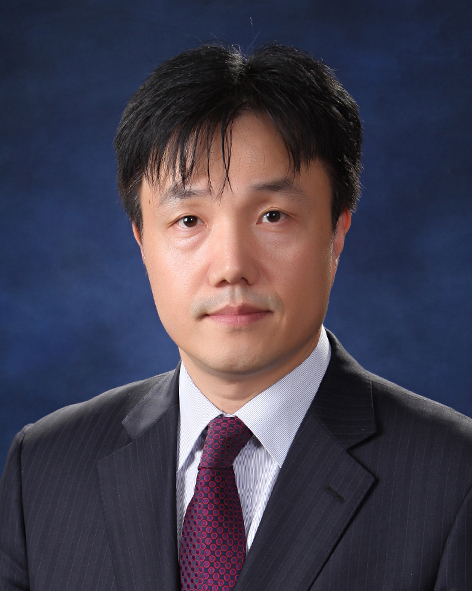






.jpg)

.jpg)
.jpg)
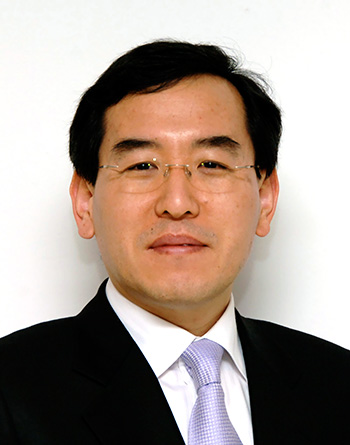
.jpg)
.jpg)

(0).jpg)


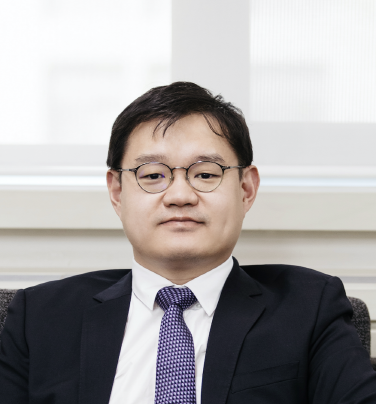

.jpg)
